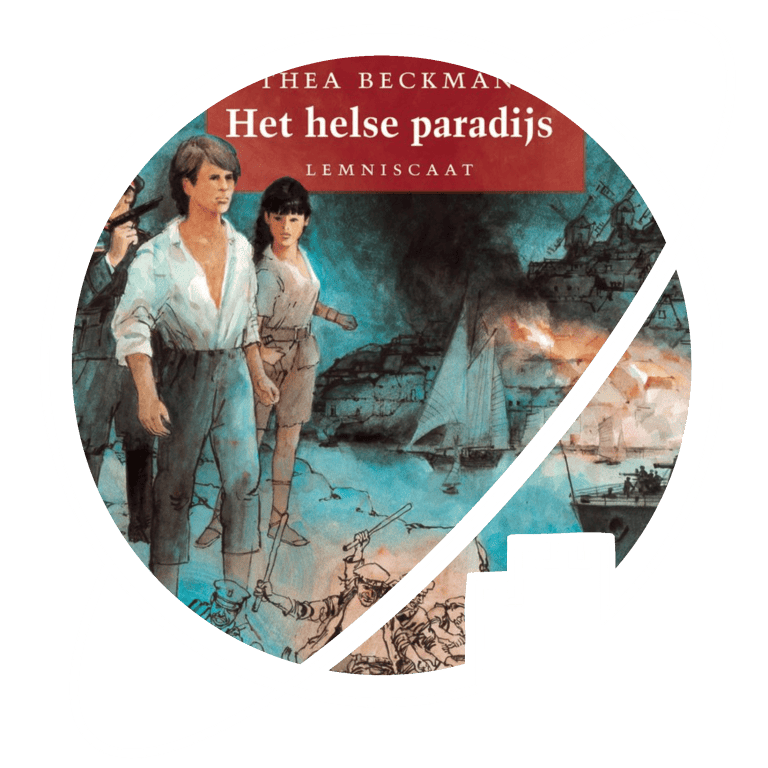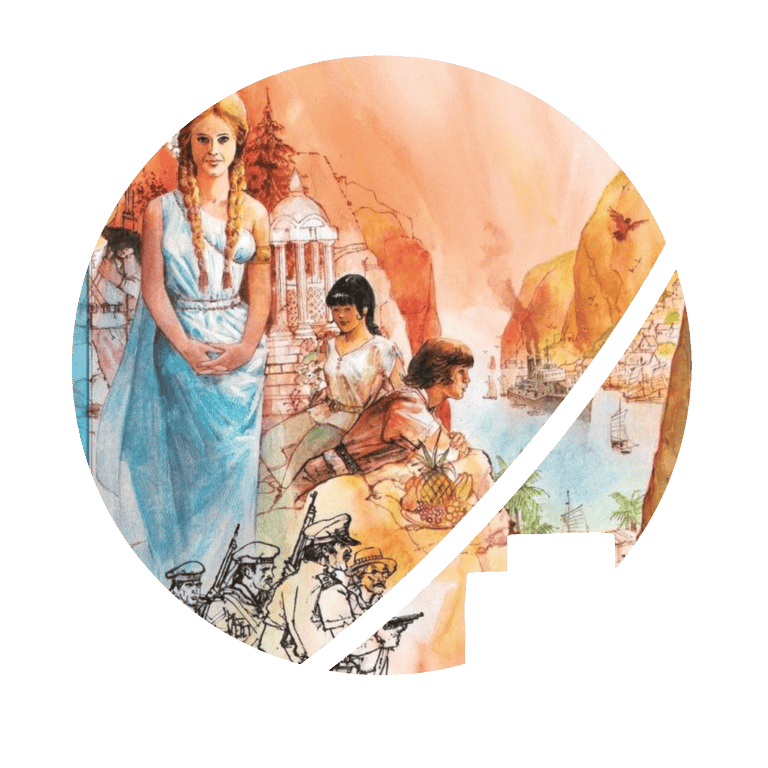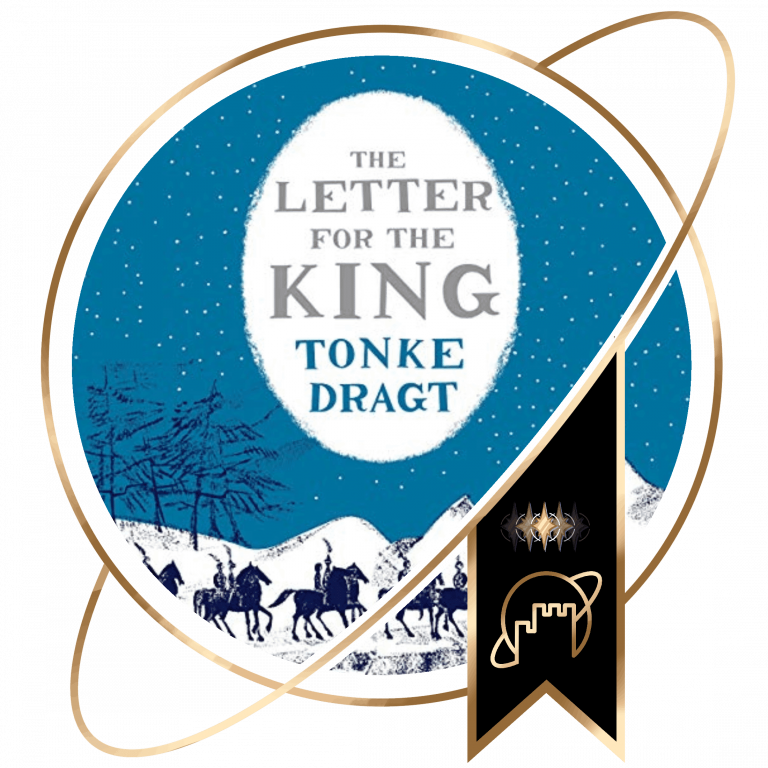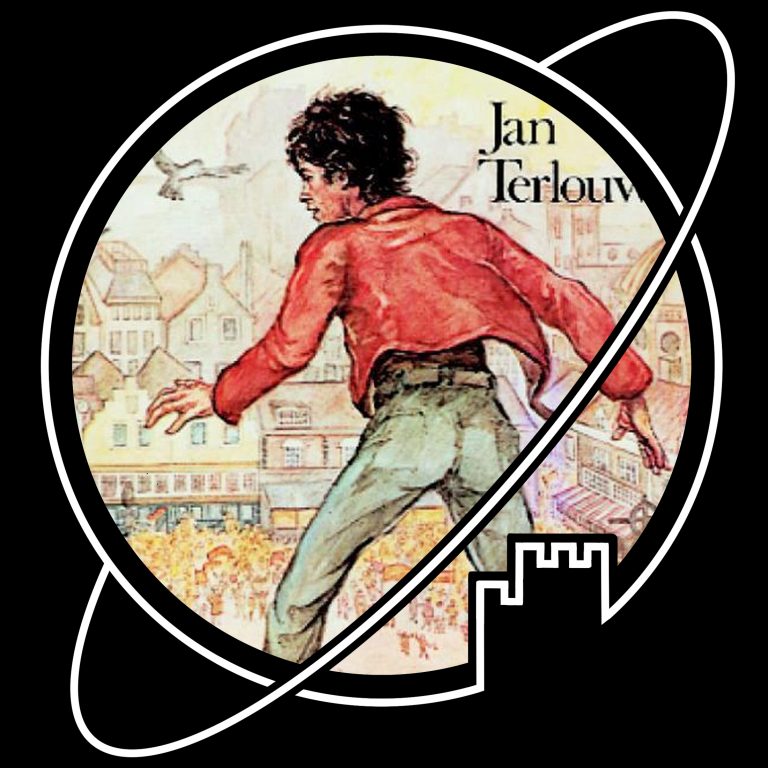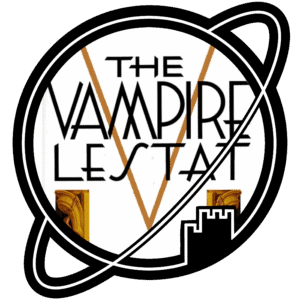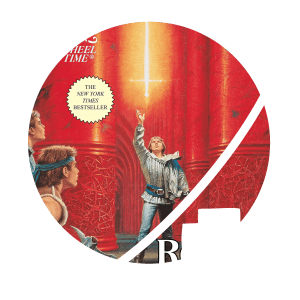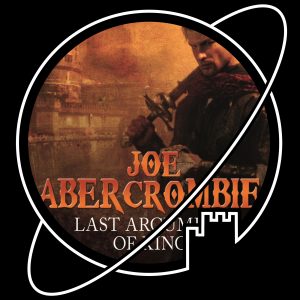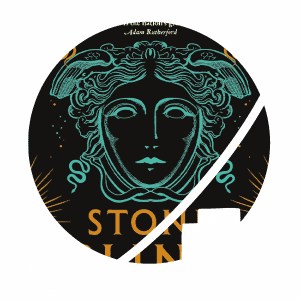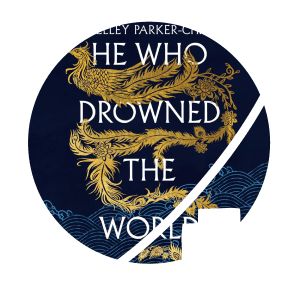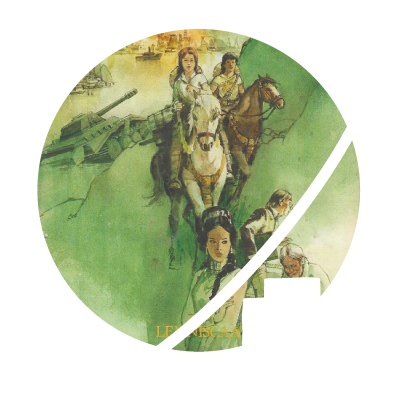

Listened to the audiobook with Emmelie Zipson again – well read!
Het Gulden Vlies van Thule does something interesting: it is almost as if Beckman ‘skipped’ a book in between Het Gulden Vlies and Het helse paradijs: when the story starts, our characters from previous books are in the past, and we’re a couple of years into the invasion and colonisation of Thule, and we follow the adventures of a girl emigrating from the Badener Empire to the ‘Annexed Territories’.
This means that again, the story is quite different from the previous books, which keeps the story fresh. There is more attention to the plight of the Badener citizens who, misinformed by their government and suffering from the Badener Empire’s poor resource management, want to escape poverty by taking a position in the colonies.
I won’t say that the first two books aren’t political, but Het Gulden Vlies van Thule is even less about the exploits of a few individuals, and even more about the struggle between two societies.
I’m always a little torn about Het Gulden Vlies van Thule. The first two books in the trilogy are a little brighter, a bit more optimistic. Het Gulden Vlies is perhaps more realistic, but as a result is also pretty grim. I won’t spoil the ending, but I’ve always felt like, in the end, no-one won and everyone was in the wrong. I guess that’s just war?
I think Het Gulden Vlies van Thule does a good job of presenting both sides of a conflict, painting a more balanced or neutral picture of the warring sides and allowing the reader to draw conclusions themselves.
In that sense, I think Het Gulden Vlies can be a great educational experience, a good introduction for children to talk about war, about right and wrong, and about peaceful resolution.
Having reread the trilogy, I felt like a fourth novel was missing, a story describing how the two societies grew towards a durable peace. Perhaps Beckman never got round to that, or perhaps she felt like it wouldn’t be a realistic outcome.
I’m still dreaming.






